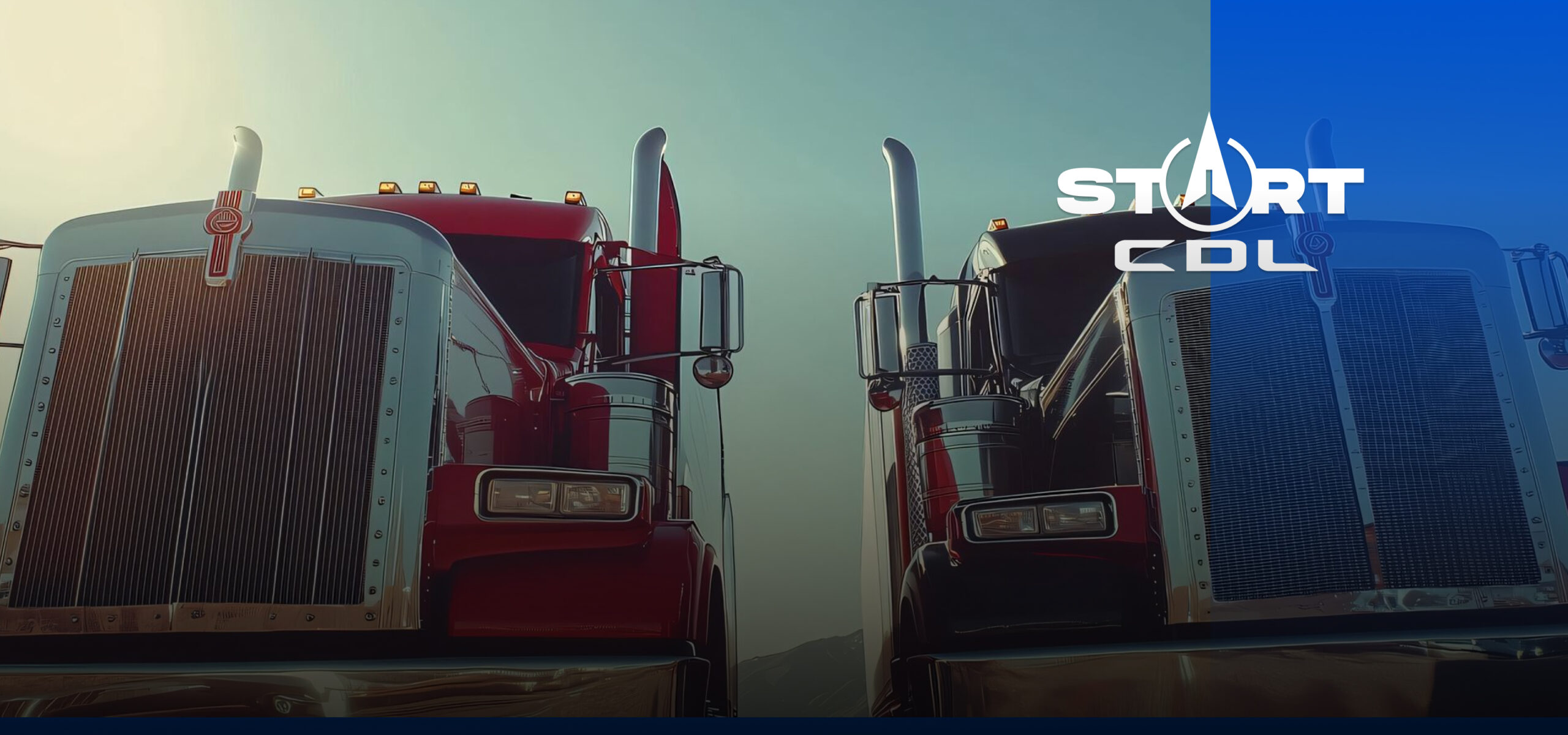

The first and foremost decision that one has to make when it comes to choosing a trailer is whether it will be a single or tandem axle. This choice can greatly affect the functionality, durability, and suitability of the trailer for specific work. Single vs Tandem Axle Trailer: Which One Is Best for You? We’ll look at the basic differences between single and tandem axle trailers, list the pros and cons of each type, and then provide a table comparing them to help you decide which best meets your needs.
What is an Axle?
The axle in trailers is an iron rod on which the wheels of the trailer and the load carried by the wheels revolve. In simple words, it has to do with the stability of the vehicle, that is, the way it moves and the amount of weight it can carry. The single axle trailers have one axle with one set of wheels, and the tandem axle trailers have two axles with two sets of wheels, placed almost next to each other.
Single vs. Tandem Axles : Pros and Cons
Here’s a summary comparison of single and tandem axle trailers:
| Feature | Single Axle Trailer | Tandem Axle Trailer |
| Weight Capacity | Best for light to moderate loads (<3,000 lbs) | Ideal for heavy loads (>3,000 lbs) |
| Cost | Lower cost, affordable maintenance | Higher initial cost and maintenance |
| Maneuverability | Excellent for tight spaces, easy to tow | Challenging in tight spaces, stable at speed |
| Ride Stability | Susceptible to bouncing, less stable | Smooth ride, stable even on rough terrain |
| Maintenance | Less maintenance due to fewer parts | More maintenance due to additional parts |
Key Differences Between Single and Tandem Axles
1. Weight Capacity
Single Axle Trailers: Single axle trailers usually find application in lighter to moderately heavy-duty applications. The single axle is used in minor trailers designed to carry below 3,000 pounds of load. As such, they will be mostly applied in light landscaping jobs, light recreation, or personal hauling purposes.
Tandem Axle Trailers: Tandem axles, two axles set relatively close together, distribute the weight of the load across four wheels, thus significantly increasing its weight capacity. This is the reason they are best suited for heavier weights, above 3,000 pounds, and several commercial applications to haul construction equipment or heavy landscaping materials.
2. Cost
Single Axle Trailers: Generally speaking, single axle trailers are more economical. With fewer parts, like only one axle and two wheels, these kinds of trailers tend to be cheaper both in purchase price and maintenance cost.
Tandem Axle Trailers: Because of the addition of another axle and wheels, plus added structural reinforcements, a tandem axle trailer will be more expensive. For those who tend to haul heavier loads often, the initial higher cost can indeed be offset by increased durability and load-carrying capacity for the trailer.
3. Maneuverability
Single Axle Trailers: Such trailers have a single axle. They are more maneuverable, especially through tight spaces. Their lighter build and smaller size make them appropriate for quick trips in town or through narrow or congested areas.
Tandem Axle Trailers: Being bigger in size and having a heavier weight, they lack the flexibility of maneuvering. It may be less feasible for use in cramped space or by a new trailer tows driver. However, tandem axle trailers tend to be more stable at high speeds and so are feasible for long hauling.
4. Ride Stability
Single Axle Trailers: Although single axle trailers are stable, they can easily bounce on rough or uneven surfaces. Since only two wheels have to absorb the impact, the road vibrations and bumps can easily affect the stability of the trailer as well as the load that will be carried.
Tandem Axle Trailers: Having a tandem axle distributes loads over four wheels and so it rides smoother and with increased stability on rough or uneven grounds. This would also be able to protect cargo for safer towing, particularly of heavy loads.
5. Maintenance Requirements
Single Axle Trailers: Single axle trailers, which carry only one axle with two wheels, typically require less maintenance compared to the rest. Carrying fewer components means fewer component inspections, repair, and replacement on the long-term basis.
Tandem Axle Trailers: The tandem axles, which are twice the number of wheels compared to single axle, demand more upkeep. This could raise the cost and time for maintenance due to regular check-ups and probable repair on the second axle and additional tires.
Which Axle Type is Right for You?
The choice between a single and tandem axle trailer boils down to your needs and budget. If you are searching for a cheap alternative that would be good for light loads, then a single axle trailer would be fine. It is cheap, very low maintenance, and quite easy to maneuver in cramped spots, which is more than sufficient for personal or recreational use. For users requiring heavy-duty equipment hauling for an extended period of time, a tandem axle trailer would be more preferable. The added stability, smoother ride, and higher load capacity will make it useful for commercial applications or frequent use.
You could be also interested in : Illinois CDL Practice test
Related Articles
10 years of experience
and
10000+ graduated
students with CDL
Feel free to ask
us any questions about
getting a CDL in the USA


 @startcdl
@startcdl
 +1 (224) 520-3169
+1 (224) 520-3169






